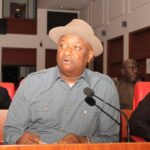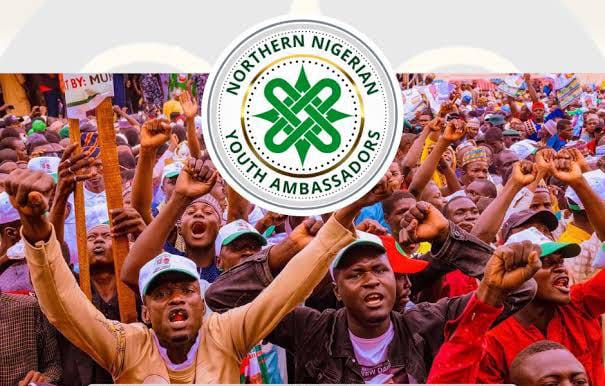BY UMAR HARUNA
The youth of northern Nigeria hold immense potential to influence the region’s future, yet they face numerous challenges that hinder their ability to realize their full potential.
With a rapidly growing population, northern Nigeria has one of the largest youth demographics in the country, but many young people in the region face significant obstacles such as limited access to quality education, high unemployment rates, and insufficient opportunities for civic engagement.
Despite these challenges, youth in northern Nigeria are increasingly playing an active role in shaping the future of the region through advocacy, entrepreneurship, and social activism.One of the primary challenges that northern Nigeria’s youth face is the lack of access to quality education.
With a significant percentage of young people still out of school or in underfunded educational institutions, many are not acquiring the skills necessary to compete in the global job market.
This education gap not only limits their future employment prospects but also contributes to the region’s high youth unemployment rates.
A lack of education exacerbates issues of poverty and inequality, leaving many young people without the tools to improve their socio-economic standing.In addition to education, northern Nigeria’s youth are facing an alarming rate of unemployment.
The region has one of the highest youth unemployment rates in the country, with millions of young people unable to find stable employment.
The limited availability of jobs, combined with a lack of vocational training opportunities, has created a generation of youth who are frustrated and disenfranchised.
Many young people, particularly in urban areas, turn to informal sectors or migration in search of work, while others may become involved in criminal activities as a result of economic desperation.
However, despite the numerous challenges, northern Nigerian youth are making strides in various areas that contribute to social change.
Increasingly, young people are engaging in activism, with many advocating for issues such as gender equality, education, climate change, and human rights.
Youth-led organizations and movements are becoming more prominent, using social media platforms to amplify their voices and demand action from policymakers.
For instance, groups such as the Youth Empowerment and Development Initiative (YEDI) and the Northern Youths Coalition have been at the forefront of pushing for greater accountability and inclusion in political and social spheres.
Entrepreneurship is another area where youth in northern Nigeria are making an impact.
Faced with limited job opportunities, many young people are turning to entrepreneurship as a means of economic survival and growth.
Startups in sectors such as technology, agriculture, and fashion are flourishing, with young entrepreneurs developing innovative solutions to local problems.
These young business leaders are contributing to the diversification of the regional economy and creating job opportunities for others.
However, access to funding and mentorship remains a significant challenge for aspiring entrepreneurs.
Furthermore, the use of technology and social media has opened new avenues for northern Nigerian youth to connect, share ideas, and advocate for change.
Platforms such as Twitter, Facebook, and Instagram have become powerful tools for political engagement, allowing youth to organize protests, raise awareness about social issues, and hold leaders accountable.
The #EndSARS movement, which gained widespread traction across Nigeria, is a prime example of how young people in northern Nigeria and across the country are using digital platforms to demand change.
Despite these positive developments, the youth in northern Nigeria remain caught in a cycle of challenges that undermine their potential.
To fully harness the power of northern Nigerian youth, it is essential to invest in education, vocational training, and employment opportunities.
Improving access to quality education, particularly for girls and marginalized communities, is critical to breaking the cycle of poverty and unemployment.
Expanding access to skill development programs, especially in technology and the creative industries, would provide youth with the tools to succeed in the modern economy.
Additionally, creating an enabling environment for entrepreneurship through access to capital, business development services, and mentorship is key to fostering youth-led businesses.
Governments and development partners must work to create policies that support youth entrepreneurship, ensuring that young people have the resources and support needed to scale their businesses.Finally, empowering youth to take an active role in politics and governance can help shape the future of northern Nigeria.
Encouraging youth participation in decision-making processes, whether through formal political channels or through social activism, is vital to ensuring that the voices of young people are heard.
Governments should create platforms that allow for greater youth engagement in policy discussions, enabling them to influence the policies that will impact their futures.Northern Nigeria’s youth represent the future of the region, and their potential to drive change is undeniable.
By addressing the challenges they face and empowering them with the tools they need to succeed, northern Nigeria can unlock a brighter future for its young people, fostering a generation of skilled, engaged, and entrepreneurial individuals who can contribute to the region’s growth and development.
UMAR HARUNA IS A 300 LEVEL STUDENT FROM MASS COMMUNICATION DEPARTMENT BORNO STATE UNIVERSITY, BORNO STATE.












